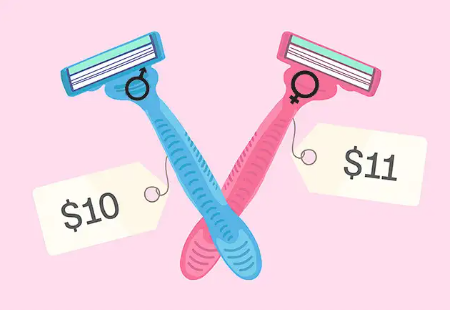Social media is like a stalker—constantly watching everything you do. But just how much do they know about you? The answer: a lot. More than you might realize, and more than anyone could ever imagine.
Social media platforms are designed to know everything about you, not just for curiosity’s sake, but to benefit the platform itself. Here’s how they use that information:
1. Recommendation Algorithms: By understanding who you are, social media platforms can recommend content that keeps you engaged and on the app longer.
2. Behavioral Profiling: The more time you spend on the app, the better they can understand your preferences—your likes, dislikes, political views, age, and more.
This is why you have a For You Page (FYP). Social media tracks everything. Major tech companies maintain detailed profiles on every account holder. They know what you like, what you interact with, and even how you feel in certain moments. Without this data, your social media experience wouldn’t be nearly as personalized.
How Deep Is the Tracking?
People often don’t realize how much social media tracks. Platforms have sophisticated programs that monitor your every move. For example, apps like TikTok, YouTube, and Instagram track how long you watch a video—right down to the millisecond. They study the popularity of the content, the time you spend watching it, engagement levels, and its potential for virality.
These platforms also track your mood. They can tell when you’re bored or feeling down, just as easily as they track how engaged you are with a post. Your emotional state is logged into separate categories, and they track every shift in your mood throughout the day. They also take note of your relationships—whether you’re in a happy one or dealing with a breakup—and even track your gender identity, whether you’ve disclosed it or not.
The Secrets They Know
Beyond just your interactions, social media platforms can figure out who your friends are, what you look at most often, and your relationship dynamics. They track whether you’re more introverted or extroverted, what boosts your confidence, and what might trigger insecurity. Gender is particularly interesting, because even if you choose not to disclose it, social media will deduce it based on your behavior—whether you’re male, female, or non-binary. They know, even if you’ve never said it aloud.
You Are the Product
All of this information is valuable to the platforms and advertisers. By using these apps, you’re essentially selling yourself and your data. Social media and advertising are not products; you are. Every time you open an app, you’re giving away a bit more about yourself—more than you or anyone else could possibly know.
These platforms don’t just feed you content that suits your mood or preferences. They also shape your self-worth. By recommending videos of people with “perfect” appearances or posts that highlight perceived flaws, social media manipulates your sense of beauty and self-esteem. For example, this is why women often see makeup tutorials—it’s not just about beauty; it’s about shaping a certain image of what is desirable.
The Danger of Social Media
Social media is addictive, highly knowledgeable, and—frankly—dangerous. It knows you better than you might think. That’s why it’s crucial to be aware of what’s being pushed about you and how it affects your perception of yourself.
Social media is not just an app on your phone; it’s your 24/7 stalker, and you’re its lab rat. So, it’s essential to think carefully about what you’re sharing and how these platforms are influencing your life.



















